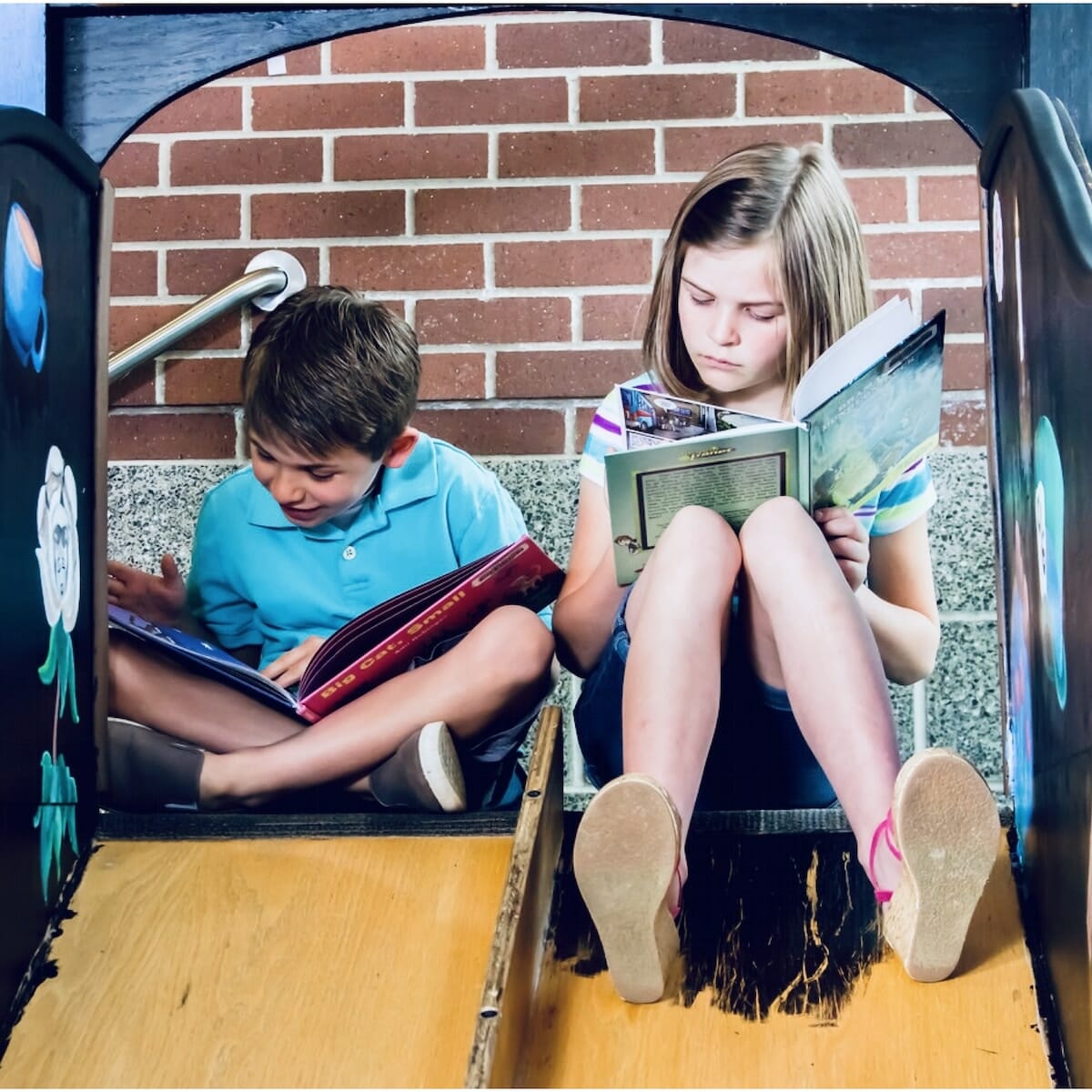Your cart is currently empty!

Different Types of Intelligence
IQ testing might be the first thing to pop up in your mind when you hear the word “intelligence.” However, IQ testing is a deterministic way to conduct standardized testing, which only measures a certain type of intelligence.
Over the years, on the basis of the theory by psychologist Howard Gardner, different views about intelligence have come about. This theory suggests that there are at least eight different types of intelligence that measure a range of abilities. According to this theory, one person may be strong in different types of intelligence, while being weak in what we call our conventional means of defining intelligence. Here are a few of the different types of intelligence.
Visual-Spatial Intelligence
Children with this type of intelligence are better able to learn and understand through visualization. It can prove a child’s capacity to think in three dimensions; spatial reasoning, mental imagery, image manipulation, and more. People with spatial intelligence solving spatial problems such as painting, reading maps, interpreting mazes, or playing construction games. They’re able to easily recognize patterns, enjoy visual arts, and are good at spatial judgment. Most architects, artists, sailors, and engineers have visual-spatial intelligence. The best way to teach young visual-spatial learners is by encouraging visual thinking, use multiple means of media such as videos, games, flashcards, and more.
Intrapersonal Intelligence
Intrapersonal intelligence is possessed by those who are able to understand and recognize their own emotional states, feelings, and motivation. These children are likely to work on their own, set their own goals, and know their strengths and weaknesses better than others. They are self-aware, enjoy critical analysis, and are able to assess their personal strengths. Those who possess intrapersonal intelligence may be interested in psychology, philosophy, writing, and science careers. The best way to teach such children is to encourage independent research, encourage them to write and sign up for writing competitions, and let them work independently.

Analytical Intelligence
Children with this intelligence are able to solve mysteries, puzzles, enjoy brain teasers and logic exercises. Problem-solving skills are related to non-verbal intelligence—children with analytical intelligence are able to solve a certain problem before they even verbalize it. They’re good at recognizing patterns, can logically solve and analyze problems, and tend to think conceptually. They may enjoy playing strategy games, doing calculations, and can thrive best with game-based learning activities. Possible career choices can include engineering, accountancy, computer program, or even a scientist.
Improve your child’s memory and help them build confidence with curaJOY’s immersive game-based learning programs. Our games are known to develop problem-solving skills and as well as better social skills through interaction. These games can also help your child gain fluency in both English and Mandarin while aiding the development of emotional and social skills in children through positive reinforcement. Our programs not only boost confidence and social development but also problem-solving skills and can help manage behavioral problems for children with ADHD.
Contact us for more info.
Responses to “Different Types of Intelligence”
Can you be more specific about the content of your article? After reading it, I still have some doubts. Hope you can help me.
oHPBokZM9wO
HwjeITskLx7
98lTYCrLNvw
tXwOcSX1QEb
Thanks for sharing. I read many of your blog posts, cool, your blog is very good.
I don’t think the title of your article matches the content lol. Just kidding, mainly because I had some doubts after reading the article.
Thanks for sharing. I read many of your blog posts, cool, your blog is very good.
Touched by what you read? Join the conversation!
-

Elephant in the Room – Rewarding Quality Care
It’s back-to-school season, and, I, like numerous other parents, am preoccupied with getting just the right classes or teacher assignments to help my kids’ chances of getting into a top university. My incoming sophomore is trying to get a waiver to take AP English on top of two other AP classes, and before we were…
Read more >> about Elephant in the Room – Rewarding Quality Care
-

How We Learn
There’s a home movie of me as a 3-year-old making an enormous fuss out of putting my rollerskates away. In the video, I yell about how much I hate rollerskates, refuse to put them away, run to my room, slam the door, and yell at my mom when she opens it. Eventually, I put them…
-

5 ABA Parent Participation Success Factors
At its heart, behavior therapy is a family therapy – it requires parents to learn new parenting methods (like how to set up the house for safety, use less punishment, minimize exposure to unnecessary triggers, how to have successful outings, reduce dependence on screens, increase communication and understanding, and more). Caregivers, siblings, and other family…
Read more >> about 5 ABA Parent Participation Success Factors




Leave a Reply